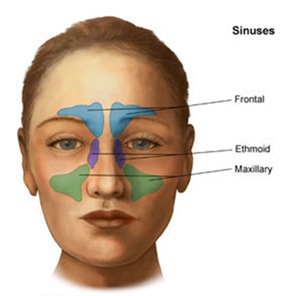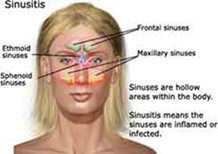Sinusitis in Cold Weather – Homeopathy
Although sinusitis can occur in any weather but for those who suffer from sensitivity to cold weather, sinusitis can be a major issue in these months. ‘Sinusitis’ is a term referred to the inflammation of the sinuses (4 pair of air spaces in the skull). People who are sensitive to cold weather have a tendency to develop recurrent colds cough and sinusitis. Cold weather itself does not cause sinusitis but predisposes individuals who are sensitive to cold weather to develop recurrent colds and upper respiratory infections, which in turn causes issues like sinusitis. Homeopathy has an excellent treatment for sinusitis and also for helps in treating ones ‘cold weather sensitivity’ very effectively – Thereby by improving ones resistance to cold weather related problems. [Read more…]
 Chronic sinusitis is a condition in which the sinuses inside our skull become inflamed for months and years together. This condition can considerably reduce ones quality of life. Patients suffering from chronic Sinusitis complain of difficulty in breathing from nose, headaches, pain and tenderness in the face.
Chronic sinusitis is a condition in which the sinuses inside our skull become inflamed for months and years together. This condition can considerably reduce ones quality of life. Patients suffering from chronic Sinusitis complain of difficulty in breathing from nose, headaches, pain and tenderness in the face.











